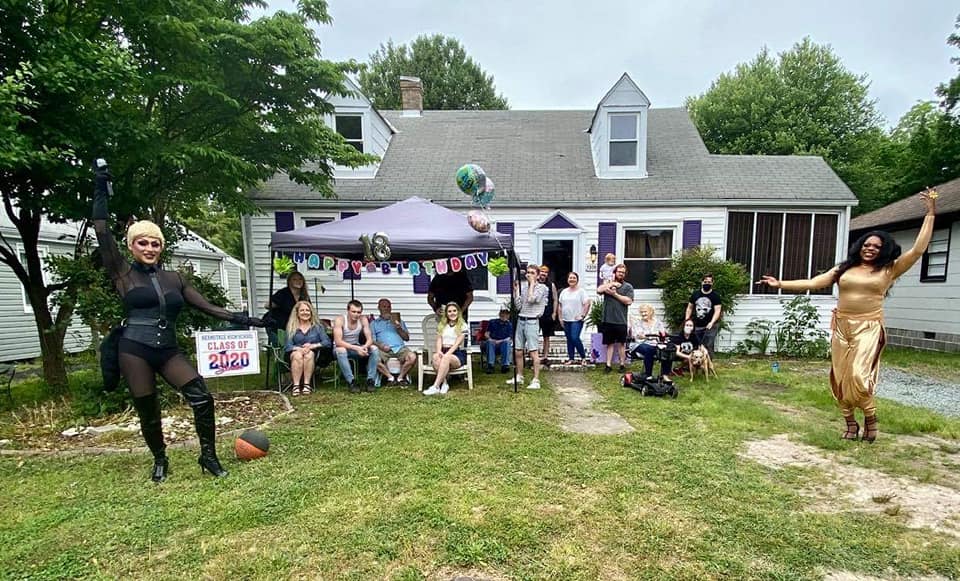After over a year of limited operations, Richmond's LGBTQ bars -- and its LGBTQ community -- finally got a taste of post-pandemic life, just in time for Pride month. On the first Thursday night after Governor Northam lifted mask and capacity restrictions statewide,...





